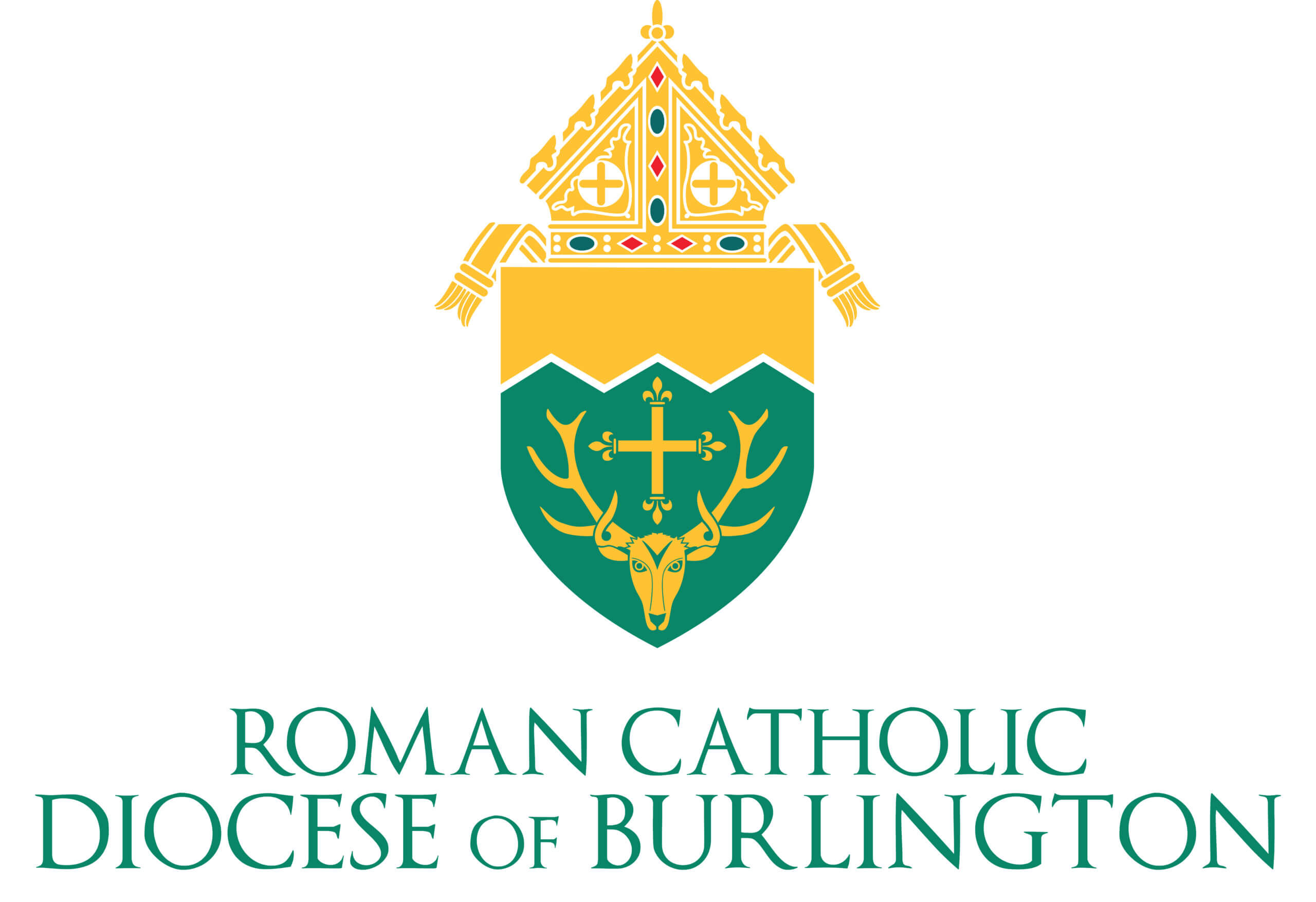
Administering Sacraments during Covid
Despite sacramental celebrations being delayed by Covid-19, the Catholic Church in Vermont has celebrated all seven of the sacraments during the pandemic.
The public celebration of the Eucharist resumed in June, although many places still are live-streaming Mass to accommodate those who are unable to return to communal celebration.
Many parishes celebrated First Communion during the summer; throughout September and October, Burlington Bishop Christopher Coyne celebrated the Sacrament of Confirmation for more than 800 candidates throughout the Diocese with 25 separate Confirmation liturgies celebrated.
Adults seeking initiation into the Church through the Rite of Christian Initiation of Adults usually celebrate the Sacraments of Initiation at the Easter Vigil, but this year, because of the pandemic, many pastors celebrated those initiation sacraments later in the summer when gathering restrictions had been eased.
The regular schedule of the Sacrament Reconciliation has resumed in most places, “albeit priests may have to get a little creative in determining where the Sacrament of Reconciliation is celebrated as the confined space of a confessional may not be the best option given the nature of the virus,” said Josh Perry, director of worship for the Diocese.
Priests also continue to offer the Anointing of the Sick to those who request it, although the ritual is modified slightly to allow for safety precautions, he noted.
The Sacrament of Holy Orders was celebrated in the Diocese twice this year: the ordination of a transitional deacon and an ordination of four permanent deacons.
“Jesus instituted the sacraments and gave them as gifts to the Church. All of the sacraments, but especially the Eucharist, are the best way we encounter the presence and work of Christ in the world today,” Perry said. “Through the proper celebration of the sacraments, God offers us the grace to live as He desires us to live – this is what it means to be holy.”
In addition to celebrating Mass, Father Lance Harlow, rector of St. Joseph Cathedral in Burlington, heard many confessions, performed one baptism and two weddings and administered the anointing of the sick during the pandemic, as guidelines allowed.
He is concerned that many people have not yet returned to the public celebration of the Mass. “In my parish the largest absentee rate is among the young families. It will be a challenge now to convince them of the priority of their Catholic faith and its practice of Mass attendance, the Eucharist and Confession,” he said. “The older generation has been more faithful in coming back to Mass, expressing to me their understanding of the centrality of the Lord’s day as an obligation and the importance of making sacrifices for their faith.”
Life in the Church was not immune to the effects of the pandemic. “With so much uncertainty and speculation in the first weeks of the pandemic, Bishop Coyne made the difficult but necessary decision to suspend the public celebration of the Mass, as did all the bishops in the United States in their respective Dioceses,” Perry said.
That suspension also included the suspension of sacramental celebrations. “The Sacraments of Anointing of the Sick and Viaticum (Eucharist to one who is near death) were available to those in such urgent situations,” he added. “But for most of us, we found ourselves in a fast from the sacraments. Since June, we’ve resumed the public celebration of the Mass and other sacraments, but with many protocols and restrictions in place to ensure the safety of those attending.”
—Originally published in the Winter 2020 issue of Vermont Catholic magazine.

